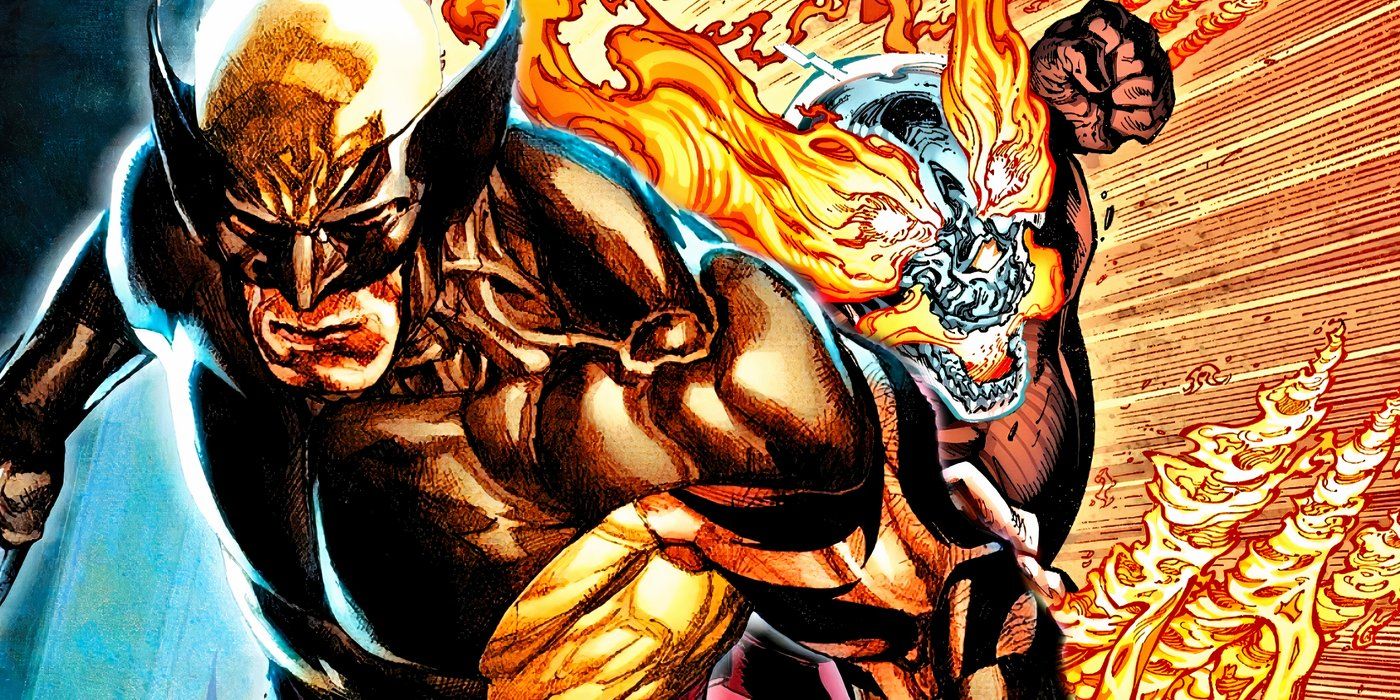As "Nickel Boys" begins, we're dropped directly into the early days of a young Black boy named Elwood, living in Tallahassee, Florida with his beloved grandmother (Aunjanue Ellis-Taylor). Ross has us drifting through Elwood's youth as we look out through his eyes, seeing what he sees: flowers in a field, hands clutching each other, a sheet billowing down from above as a bed is being made, a lively Christmas celebration. It feels like a photo album come to life, and immediately acclimates us to the cinematic rhythm Ross is creating. Eventually, this opening montage settles into a more standard narrative flow. It's 1962, and Elwood, now a young man (played by Ethan Herisse, although it will be a while before we actually get a good look at him) is intelligent and kind, becoming involved with the Civil Rights movement in any way he can while also dreaming of college. When Elwood's supportive high school teacher Mr. Hill (Jimmie Fails) tells him of a school that will accept him, tuition-free, Elwood is ecstatic.
But Elwood will never reach that school. On what's supposed to be his first day, he accepts a ride from a stranger. The car turns out to be stolen, and while Elwood clearly had nothing to do with its theft, and even though his grandmother manages to get him a lawyer to mount his defense, he's still sent away to Nickel Academy, a segregated reform school with a set of rules doled out by Spencer (Hamish Linklater), the administrator who always seems vaguely threatening even when saying mundane things. In Spencer's own words, the boys of Nickel Academy work their way up, starting out as lowly "Grubs" and gaining more privileges based on their behavior.
It's at Nickel that Ross pulls off something akin to a magic trick, suddenly switching the film's POV. In one scene, as we're still looking out from Elwood's eyes, we watch as he sits down in the mess hall for lunch and is mocked by other boys at his table. But one of the boys, a calm, cool young man named Turner (Brandon Wilson), is surprisingly kind to Elwood, and we can tell these two will become friends; it's almost destiny. Then, in the blink of an eye, we watch the same scene play out again — only this time, the POV has switched to Turner's eyes. Up until now, we've only really glimpsed Elwood's face vaguely, through reflections in windows or, when he's younger, in his grandmother's steam iron. Now, we're finally seeing Elwood's sad face, a decision that has the effect of a key unlocking something, opening up a whole new world.
As the film moves forward, Ross frequently jumps back and forth from the perspective of Elwood and Turner, and we come to feel as if we've known both of these young men all our lives. They never once feel like characters in a film; they are alive for us. They also are two very different people. Despite his circumstances, Elwood continues to dream of life beyond Nickel. Turner, however, has already been in Nickel once before, and has no such dreams. I wouldn't call him "defeated," but he's adopted a worldview that assumes nothing will ever improve; that life is a series of ups and downs, and the downs tend to win out. And yet, despite their vastly contradictory worldviews, these two souls find a home in each other's hearts, and we want only good things for them, even though we know that their very situation implies that good things are impossible.









 English (US) ·
English (US) ·